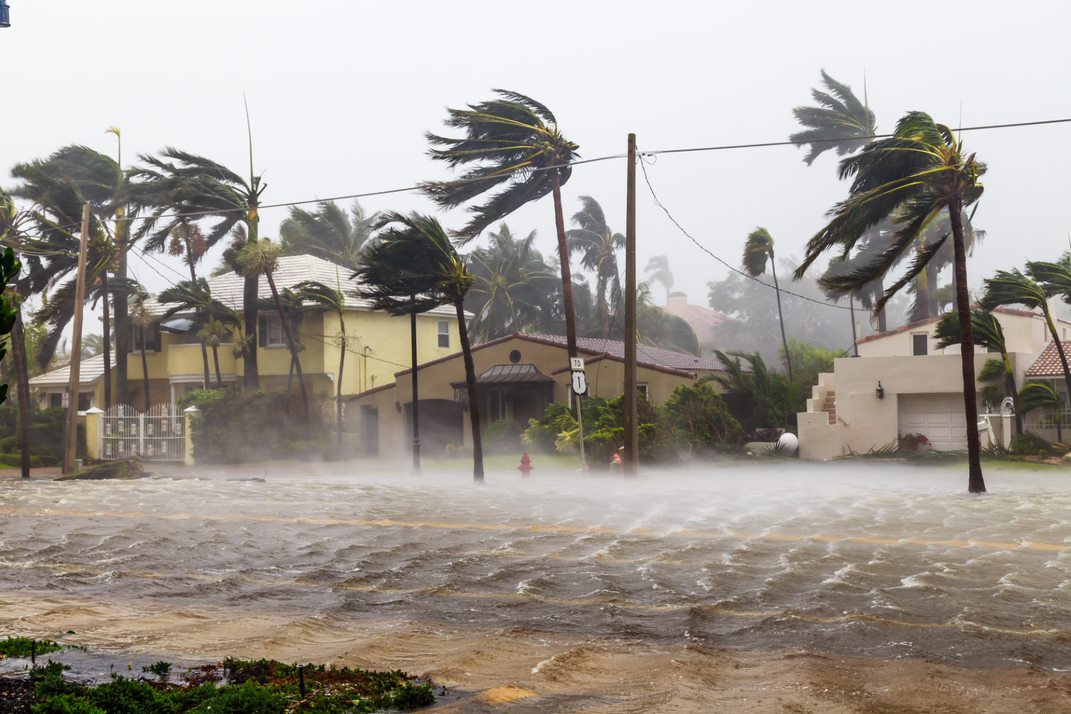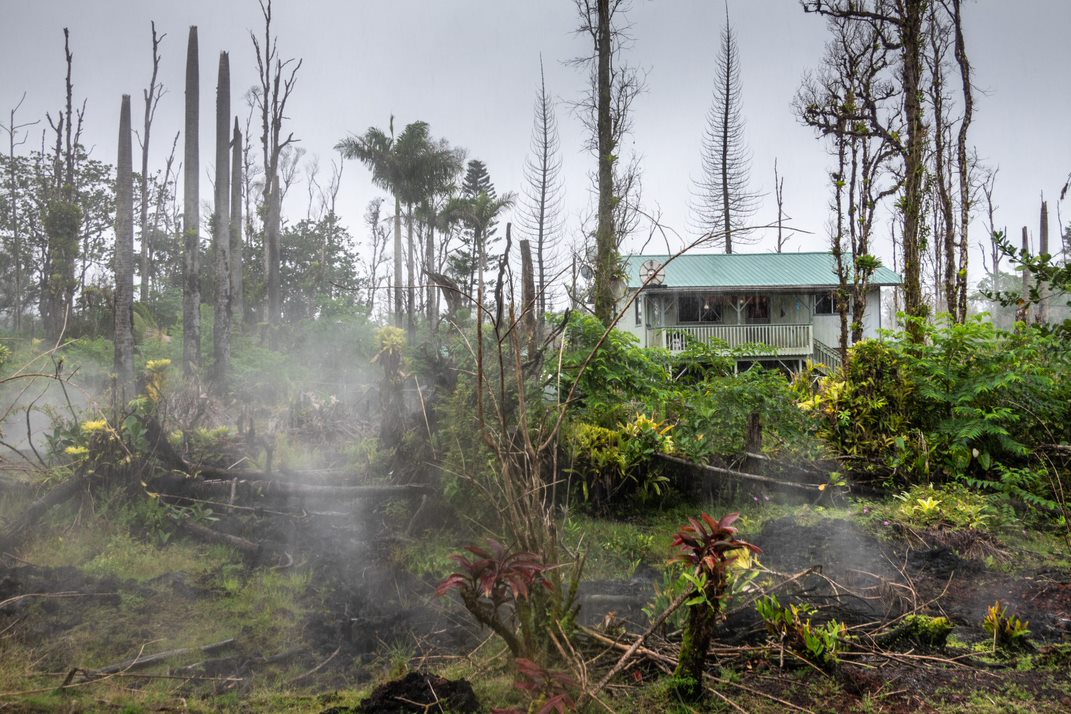
Homeowners who live in areas prone to major hurricanes or other tropical storms may be familiar with peak hurricane season and what needs to be done to avoid extensive wind and water damage to their homes. But many homeowners who may be considering moving to these areas may be left with a variety of questions, including "What is the peak of hurricane season?", "When is hurricane season over?" and "How long is hurricane season?" Even people who were not previously in hurricane-prone areas may need this information as weather patterns change - such as Hurricane Sandy landing directly in New York City in 2012 and causing damage all the way to Michigan and Wisconsin.
ServiceMaster Restore is here to answer your questions about hurricanes to better understand the potential damage you may encounter and the necessary steps you need to take if you're affected and in need of commercial or residential hurricane damage restoration.

When Is Hurricane Season?
The Atlantic hurricane season officially starts on June 1st and runs until November 30th. In the Eastern Pacific Ocean, hurricane season starts earlier on May 15 and ends on November 30th. During peak season the majority of hurricanes and severe storms tend to hit during August - October, with September being among the most active of months. For context, Hurricane Harvey hit Texas on August 17, 2017, with hurricane Irma reaching Florida on September 10, 2017.
However, hurricanes and severe storms with sustained winds are unpredictable, and the timing of hurricanes formation depends on a variety of factors. Some of these factors include how warm the waters are, wind shear, and other variables that are closely monitored by experts throughout the year in an attempt to predict their occurrence.
Climate patterns can also provide a hint as to how damaging hurricanes may be. They provide an idea of how the wind and pressure patterns will function for the upcoming year, with two climate patterns being the most dominant: El Niño/La Niña and the Atlantic Multidecadal Oscillation (AMO).
El Niño sees warmer water across the northwestern coast of South America, which reduces the likelihood of hurricanes across the Atlantic. In comparison, La Niña creates a favorable condition for hurricanes, which could spell trouble for homeowners along the coasts. The Atlantic Multidecadal Oscillation (AMO) is associated with warmer waters in the Atlantic and lasts between 55 to 70 years. AMO has been active since 1995 and is expected to continue for a while.
When is Hurricane Season Over?
The Atlantic Hurricane Season ends on November 30th. However, there are six other hurricane seasons around the world, each with their own typical start and end time. For example, the Australian/Southwest Pacific Cyclone Season starts in November and ends in late April, while the Northwest Pacific Typhoon Season occurs all year long.
To determine the intensity and duration of a hurricane season, meteorologists make predictions based on a variety of factors. Two forecasts are issued, once in April or May before the start of the Atlantic Hurricane Season, and once more in August before the peak of hurricane season in September. Climate change is also a factor that may affect the frequency and intensity of hurricanes, although ongoing research is being done to determine how this could affect future major hurricanes.
Where Do Hurricanes Happen The Most?
Hurricanes affect coastal areas the most, but there are certain cities and regions that are the most heavily impacted. The state most often hit by hurricanes is Florida, according to the National Hurricane Center. This is due mainly to it being a peninsula and located in an area that is in the path of most hurricanes. North Carolina is also prone to major hurricane damage, but in terms of hurricane damage to properties it’s surpassed by both Texas and Louisiana (and of course Florida).Some of the most damaging hurricanes have occurred in these areas, with hurricane Harvey tying hurricane Katrina as some of the most damaging Atlantic hurricanes in U.S. history.
With warming waters, hurricanes may get more intense and cause more damage, according to a study by the National Oceanic and Atmospheric Administration. This could spell trouble for areas who are prone to hurricanes and could cause more damage throughout the US as major hurricanes have the potential to become stronger and cause more property damage.
What Can Hurricane Damage Do To Your Property?
Hurricanes are violent and can lead to trees being uprooted, power lines being knocked over, and severe flooding damage. Uprooted trees can cause damage to your home's walls or break windows as they fall, which is especially dangerous if the storm hasn't ended as it may lead to water damage in your home.
Severe flood damage can occur in these situations, causing damage to the structure of your home, health and safety risks due to the sanitary hazards in the water, and potential mold issues if the water is not removed. For your safety, always heed the National Weather Service's flood and watch warnings. Also be familiar with the differences between flood warnings and watches.
It's important to know what to do after a hurricane and what can be done to get a business running after a hurricane. By knowing the steps to take when hurricane damage happens to your property, you'll be able to recover your life and do everything possible to restore your home. If you're unsure, a professional severe storm damage expert will be able to help you determine what can be salvaged and the steps you need to take.

Recover Your Home Or Business From Hurricane Damage
Hurricane damage to your home or business should not to be taken lightly. What may seem like a few inches of water and sustained winds may lead to costly problems down the road that may require water extraction, water damage mitigation, and mold remediation if the problem is left unaddressed. Calling a severe storm expert like ServiceMaster Restore will help you and your family know what steps to take next for storm damage repair and what will be needed to recover your home.
Call ServiceMaster Restore today at at 1-800-RESPOND to find out how we can provide 24-hour assistance.
Recommended Further Reading

